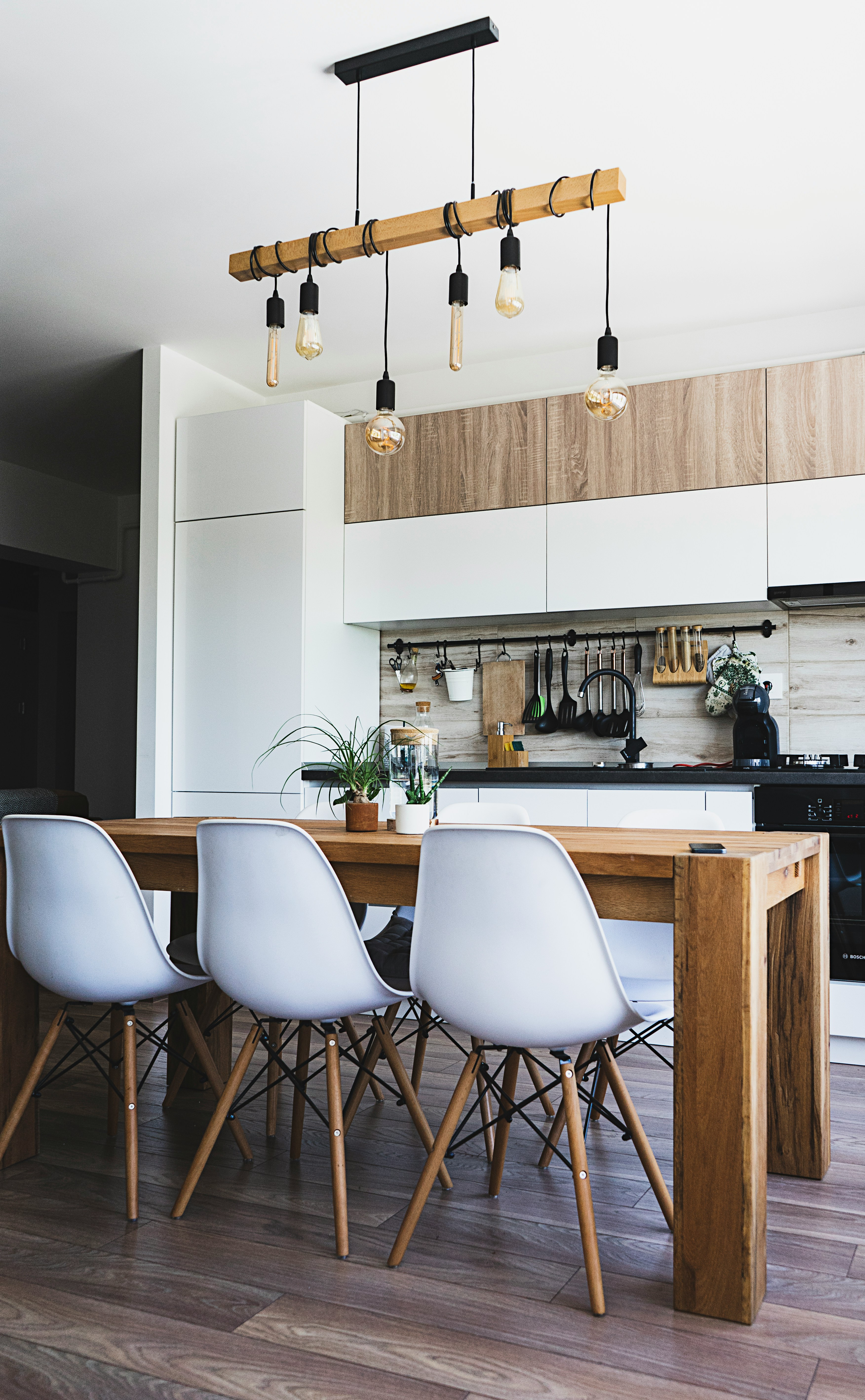
Mar 13, 2024
A Beginner’s Guide to Electrical Safety: Tips for Homeowners
Electricity powers almost everything in our homes—from lighting and appliances to entertainment systems and heating. However, if not managed correctly, it can pose serious risks. Electrical safety should be a top priority for every homeowner to ensure a safe living environment for themselves and their family. In this guide, we will share some essential electrical safety tips that every homeowner should know.
Tip 1: Don’t Overload Outlets
One of the most common electrical safety mistakes homeowners make is overloading outlets. Plugging too many devices into a single outlet can lead to overheating, creating a significant fire hazard. Overloaded outlets can also trip circuit breakers or cause power outages.
To avoid overloading outlets, limit the number of devices plugged into a single socket and use power strips with built-in surge protection. Remember that high-wattage appliances, such as heaters, microwaves, and air conditioners, should always be plugged into a dedicated outlet.
Tip 2: Know When to Call a Professional
There are some electrical issues that homeowners should never try to fix on their own. Flickering lights, frequent circuit breaker trips, burning smells, or outlets that feel hot to the touch are all signs that something is wrong. Attempting to fix these issues without proper training can lead to electrical shocks or worsen the problem.
When you encounter these warning signs, it's important to call a certified electrician. Professionals have the knowledge and tools to diagnose and safely fix electrical problems, ensuring that your home remains safe.
Tip 3: Inspect Electrical Cords Regularly
Electrical cords are an integral part of our daily lives, powering everything from lamps to kitchen appliances. However, damaged or frayed cords are a major safety risk. Exposed wires can lead to electrical shocks or start a fire.
Make it a habit to regularly inspect all electrical cords in your home. If you notice any fraying, cracking, or exposed wires, replace the cord immediately. Avoid running cords under rugs or furniture, as this can cause them to overheat or become damaged without your knowledge.
Tip 4: Keep Water Away from Electrical Devices
Water and electricity are a dangerous combination. Electrical devices should always be kept far away from any source of water to prevent electrical shock or short circuits. This is especially important in kitchens, bathrooms, laundry rooms, and other areas where water is present.
When using appliances like hairdryers or blenders, make sure your hands are dry and that the appliance is far from any sinks or water sources. Additionally, consider installing ground fault circuit interrupters (GFCIs) in areas prone to moisture. These outlets are designed to cut off power automatically if they detect a risk of shock, adding an extra layer of safety.
Electrical safety is crucial for protecting your home and family from potential dangers. By avoiding overloaded outlets, knowing when to call a professional, regularly inspecting electrical cords, and keeping water away from electrical devices, you can significantly reduce the risk of electrical hazards. Remember, when in doubt, always consult a certified electrician. It’s better to be safe and ensure that electrical issues are handled by an expert than to risk injury or damage to your home.